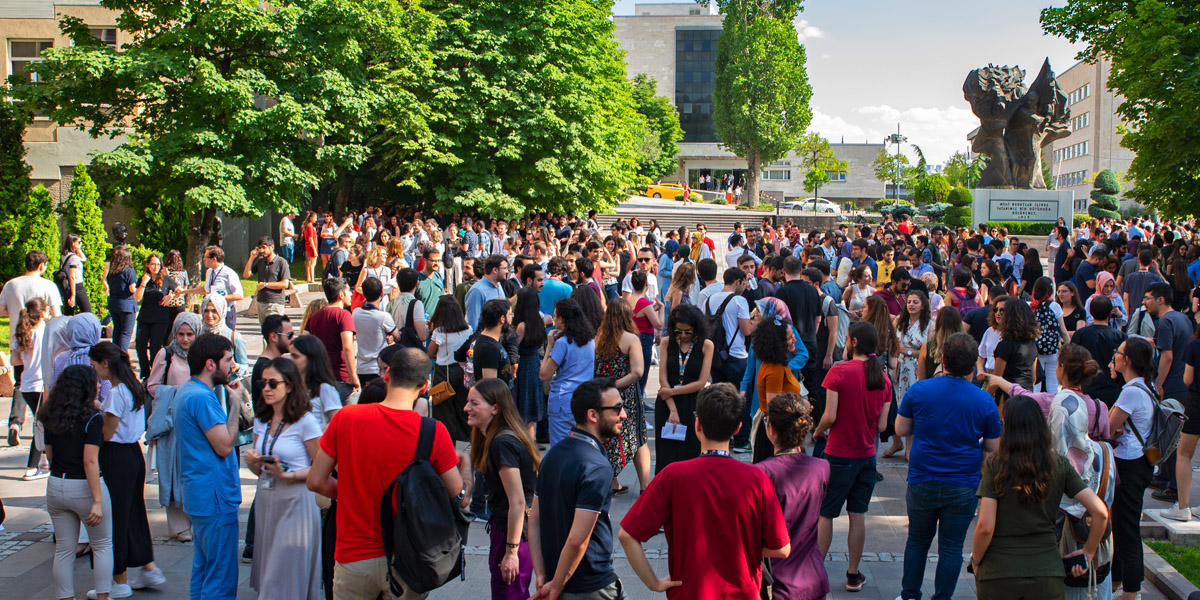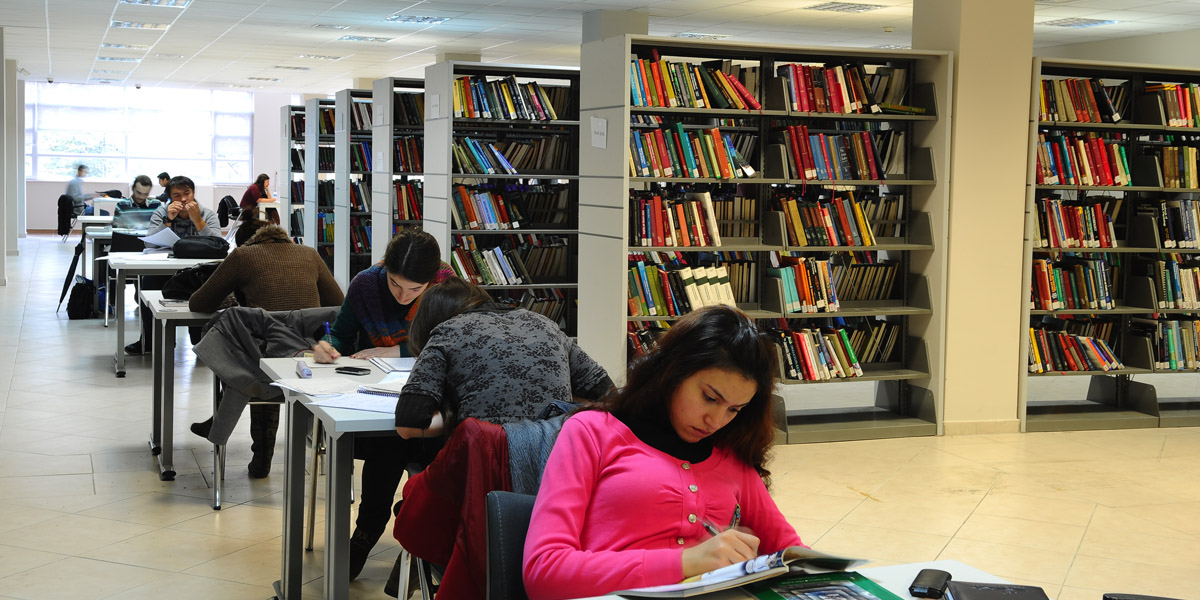The Bologna process developed from the idea of creating a common, comparable, competitive and transparent higher education in Europe. It is an unusual process created and maintained by 47 member countries with the cooperation of many international organizations. Membership in the process is not based on any governmental/interstate agreement. Papers published within the scope of the Bologna Process are not legally binding. The process is a formation in which every country participates with their free will, and countries have the right to accept the goals stipulated by the Bologna Process.
For detailed information, you can visit http://www.hubologna.hacettepe.edu.tr

